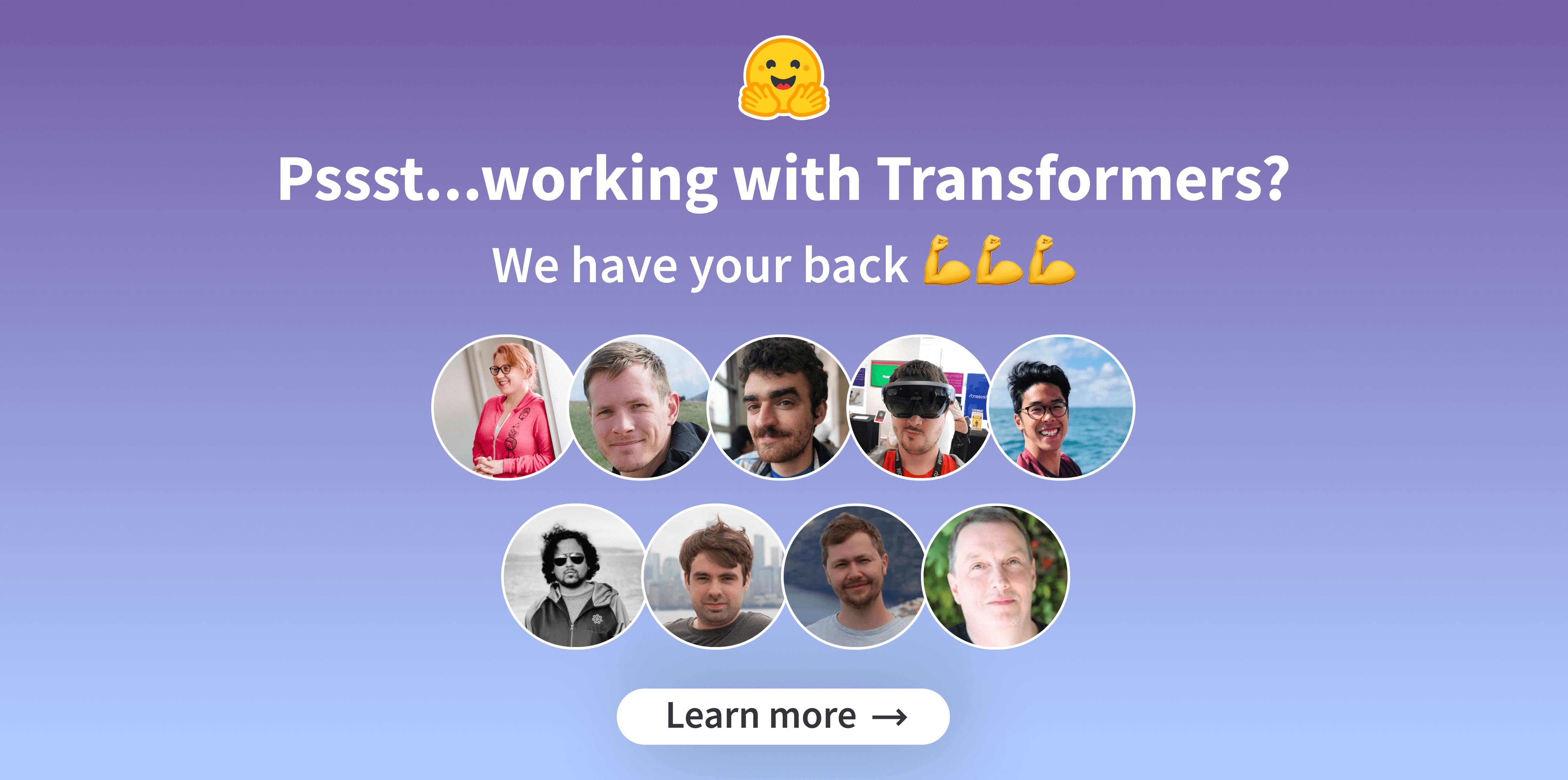* add working convertion script * first non-working version of modeling code * update modeling code (working) * make style * make fix-copies * add config docstrings * add config to ignore docstrings formatage due to unconventional markdown * fix copies * fix generation num_return_sequences * enrich docs * add and fix tests beside integration tests * update integration tests * update repo id * add tie weights and make style * correct naming in .md * fix imports and so on * correct docstrings * fix fp16 speech forward * fix speechencoder attention * make style * fix copied from * rename SeamlessM4Tv2-v2 to SeamlessM4Tv2 * Apply suggestions on configuration Co-authored-by: Arthur <48595927+ArthurZucker@users.noreply.github.com> * remove useless public models * fix private models + better naming for T2U models * clean speech encoder relative position embeddings * refactor chunk attention * add docstrings to chunk attention method * improve naming and docstrings * rename some attention variables + add temperature sampling in T2U model * rename DOCSTRINGS variable names * make style + remove 2 useless config parameters * enrich model card * remove any attention_head reference + fix temperature in T2U * new fmt and make style * Apply suggestions from code review Co-authored-by: Arthur <48595927+ArthurZucker@users.noreply.github.com> * rename spkr_id->speaker_id and change docstrings of get_char_input_ids * simplify v2attention * make style * Update seamless_m4t_v2.md * update code and tests with last update * update repo ids * fill article name, abstract andauthors * update not_doctested and slow_doc tests --------- Co-authored-by: Arthur <48595927+ArthurZucker@users.noreply.github.com>
37 KiB
🤗 Transformers
State-of-the-art Machine Learning for PyTorch, TensorFlow, and JAX.
🤗 Transformers provides APIs and tools to easily download and train state-of-the-art pretrained models. Using pretrained models can reduce your compute costs, carbon footprint, and save you the time and resources required to train a model from scratch. These models support common tasks in different modalities, such as:
📝 Natural Language Processing: text classification, named entity recognition, question answering, language modeling, summarization, translation, multiple choice, and text generation.
🖼️ Computer Vision: image classification, object detection, and segmentation.
🗣️ Audio: automatic speech recognition and audio classification.
🐙 Multimodal: table question answering, optical character recognition, information extraction from scanned documents, video classification, and visual question answering.
🤗 Transformers support framework interoperability between PyTorch, TensorFlow, and JAX. This provides the flexibility to use a different framework at each stage of a model's life; train a model in three lines of code in one framework, and load it for inference in another. Models can also be exported to a format like ONNX and TorchScript for deployment in production environments.
Join the growing community on the Hub, forum, or Discord today!
If you are looking for custom support from the Hugging Face team

Contents
The documentation is organized into five sections:
-
GET STARTED provides a quick tour of the library and installation instructions to get up and running.
-
TUTORIALS are a great place to start if you're a beginner. This section will help you gain the basic skills you need to start using the library.
-
HOW-TO GUIDES show you how to achieve a specific goal, like finetuning a pretrained model for language modeling or how to write and share a custom model.
-
CONCEPTUAL GUIDES offers more discussion and explanation of the underlying concepts and ideas behind models, tasks, and the design philosophy of 🤗 Transformers.
-
API describes all classes and functions:
- MAIN CLASSES details the most important classes like configuration, model, tokenizer, and pipeline.
- MODELS details the classes and functions related to each model implemented in the library.
- INTERNAL HELPERS details utility classes and functions used internally.
Supported models and frameworks
The table below represents the current support in the library for each of those models, whether they have a Python tokenizer (called "slow"). A "fast" tokenizer backed by the 🤗 Tokenizers library, whether they have support in Jax (via Flax), PyTorch, and/or TensorFlow.